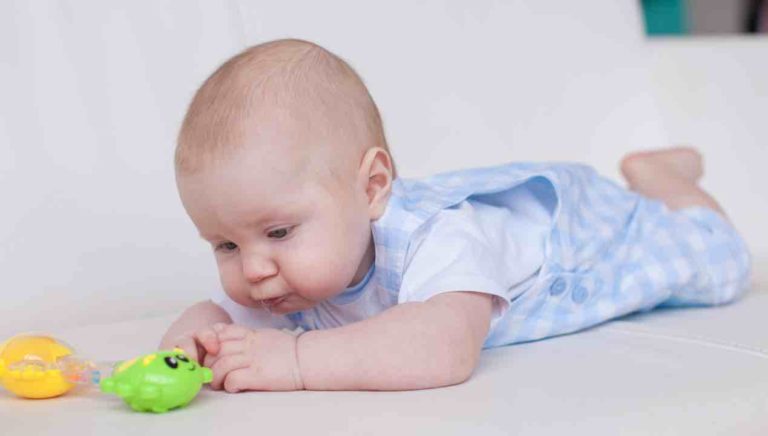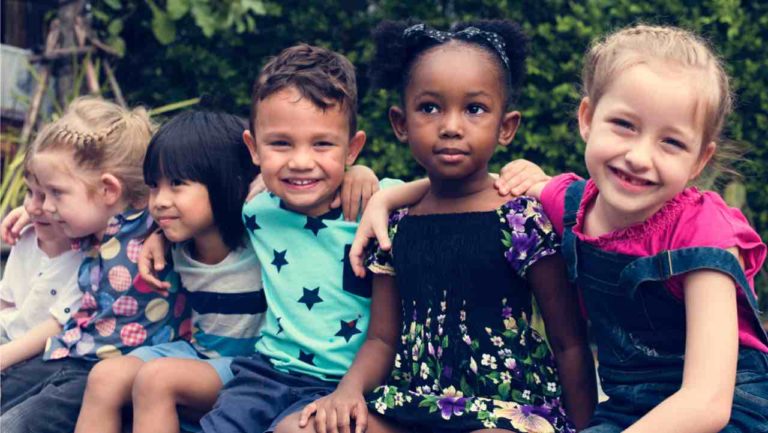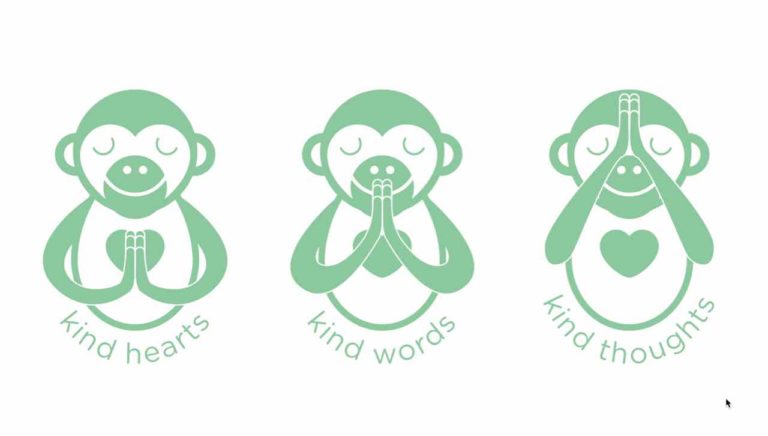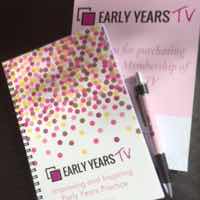Articles
Nurturing Baby Brains: Key Insights on the First 60 Days and 1000 Days
Posted on November 8, 2023.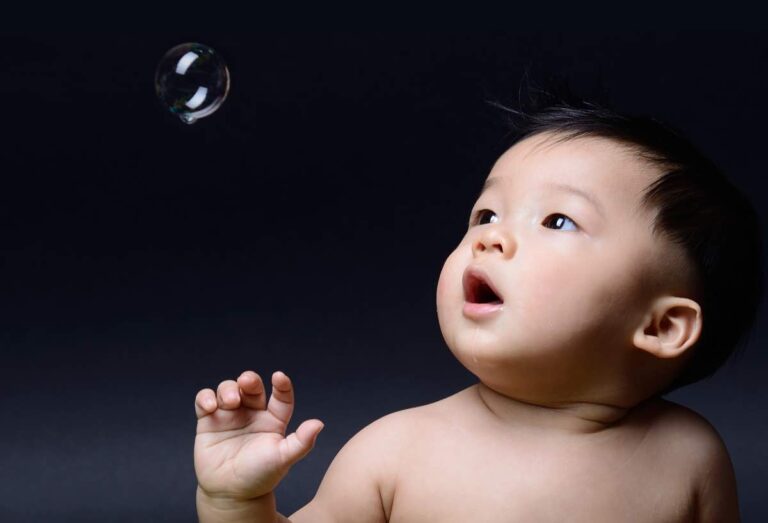
The first months and years of a child’s life are critical for healthy development, which is why I was so excited to speak with two experts on the neuroscience of early childhood.
Deborah McNelis and Nathan Wallace shared fascinating research on how baby brains grow and practical tips to provide the responsive care little ones need. As an early childhood educator, their insights gave me so much to think about in caring for infants in my own setting.
Let’s dive into the key takeaways on supporting our smallest humans during the foundational period of the “4th trimester” and first 1000 days.
The 4th Trimester: Why the First 60 Days Matter
Deborah McNelis explained how the first 60 days are like a 4th trimester, where newborns need round-the-clock nurturing to finish their development outside the womb.
A baby’s brain forms 1 million neural connections each second at this time based on their caregiving experiences! A consistent, responsive bond wires the brain for lifelong emotional and physical health.
Primary Caregiving in Childcare Settings
Both experts emphasized the importance of a primary caregiver model where babies bond closely with one or two consistent teachers. This “dyadic” caregiving approach mimics the evolutionary environment human brains expect.
Frequent transitions between multiple caregivers raise infant stress. Childcare centers should prioritize assigning infant teachers as primary caregivers to support secure attachment, something that the EYFS advocates with the Key Person approach.
Look Inside Developing Brains
Nathan Wallace described how experiences shape gene expression in the first 1000 days from conception to age two and a half. Low-stress environments allow more energy to build the “higher” brain centers for emotional regulation, problem-solving and learning.
Trauma and adversity in this period can significantly impact brain architecture. While not irreversible, it takes more effort to “rewire” neural pathways later on.
Fuel Creativity to Boost Brains
I loved Wallace’s point that creativity fuels cognitive development! Allowing infants endless opportunities for play without structured academics builds the foundation for intelligence.
He said genius Albert Einstein attributed his scientific breakthroughs to a nurturing early childhood full of creative freedom.
This emphasizes the different roles of early educators compared to primary teachers. We scaffold play much more than giving direct instruction.
Takeaway for Educators
Both experts agreed the most important thing is a nurturing relationship between caregiver and child. Infants need to feel heard and emotionally reflected before logical explanations. A little empathy goes a long way with our wee ones!
The research on brain development shows how early educators should have empathy and patience for the learning journey infants embark on each day. I hope these insights help you see their world through a neuroscience lens as well.
What are your biggest takeaways on supporting baby brains? Share your thoughts in the comments!
Want to find out more?
Both of the sessions discussed here are available to Early Years TV Premium Members:
You can find Deborah McNelis’s session here
And Nathan Wallis’s session here



